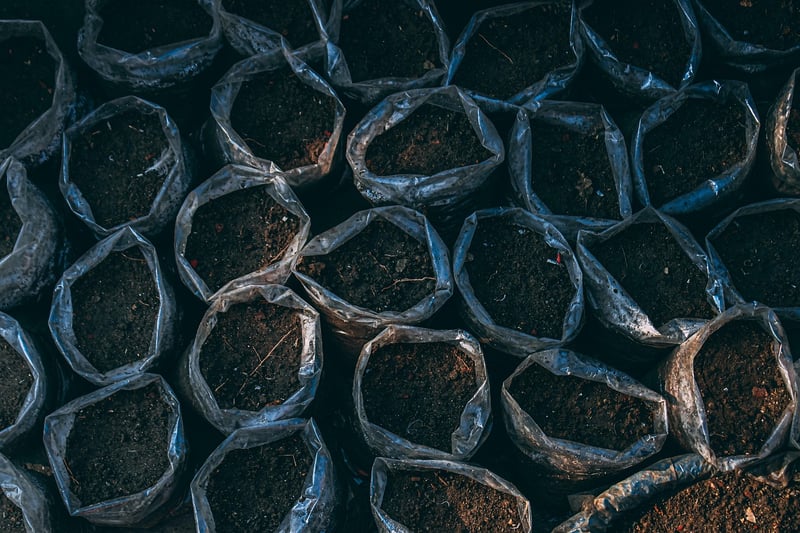Soil Health
Essential Plant Care Guidance for Thriving Gardens

Welcome to our guide on essential plant care for thriving gardens. Whether you are a novice or seasoned gardener, these tips will help you maintain healthy plants and create a vibrant garden oasis.
1. Choose the Right Plants
Before starting your garden, research and select plants that are suitable for your region's climate and soil type. Choosing the right plants will ensure they thrive and require less maintenance.
2. Proper Watering
Water your plants deeply but infrequently to encourage deep root growth. It's best to water in the morning to prevent evaporation loss and fungal diseases. Ensure good drainage to prevent waterlogging.
3. Sunlight Exposure
Understand the sunlight requirements of your plants. Some plants thrive in full sun, while others prefer partial or full shade. Plant accordingly to ensure optimal growth.
4. Soil Health
Soil health is crucial for plant growth. Test your soil regularly to check its pH and nutrient levels. Amend the soil with organic matter like compost to improve its structure and fertility.
5. Mulching
Apply a layer of mulch around your plants to retain moisture, suppress weeds, and regulate soil temperature. Organic mulches like bark chips or straw also enrich the soil as they decompose.
6. Pruning and Deadheading
Regularly prune dead or diseased branches and flowers to promote new growth and maintain plant health. Deadheading spent flowers encourages continuous blooming in many flowering plants.
7. Pest and Disease Management
Keep an eye out for pests and diseases in your garden. Identify and treat any issues promptly to prevent them from spreading and causing damage to your plants.
By following these plant care tips and guidelines, you can enjoy a lush and flourishing garden throughout the year. Remember that each plant has its own specific care requirements, so always research individual plant needs for the best results.
Happy gardening!
